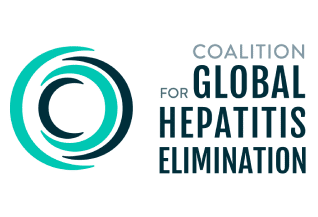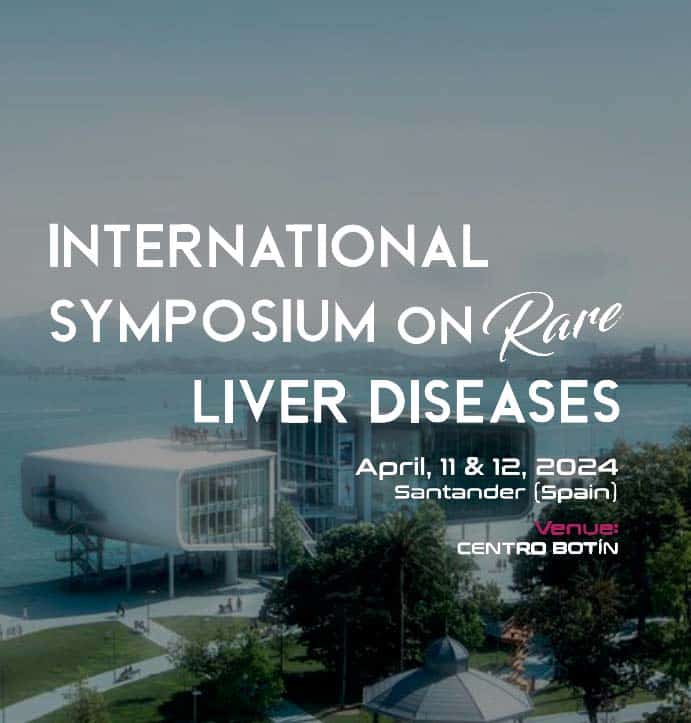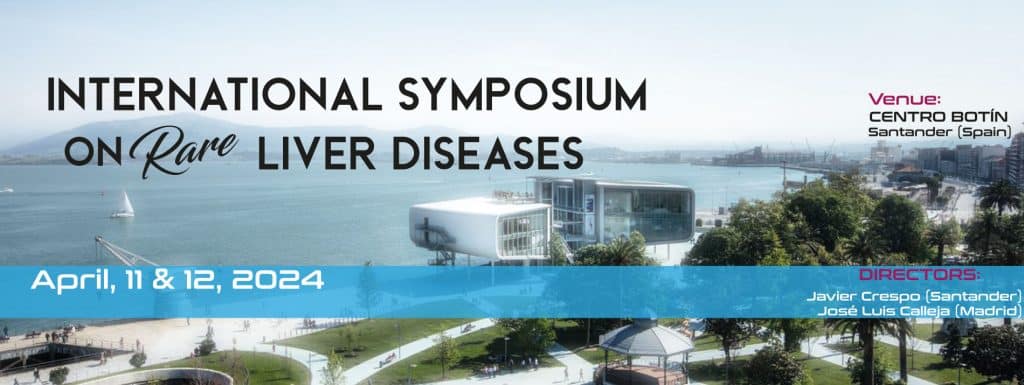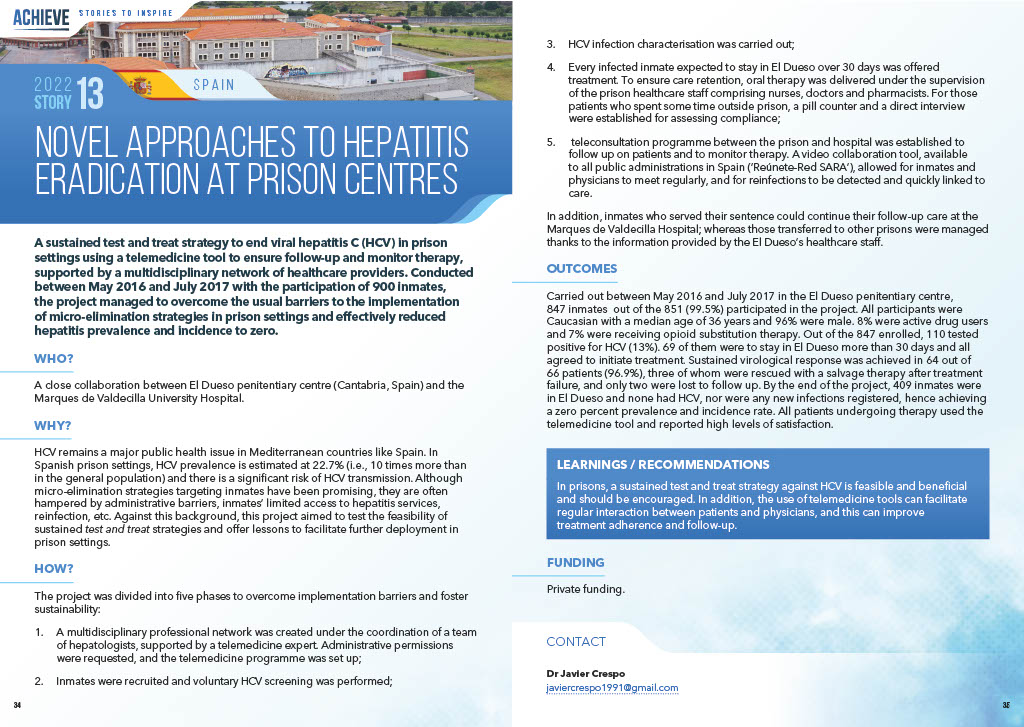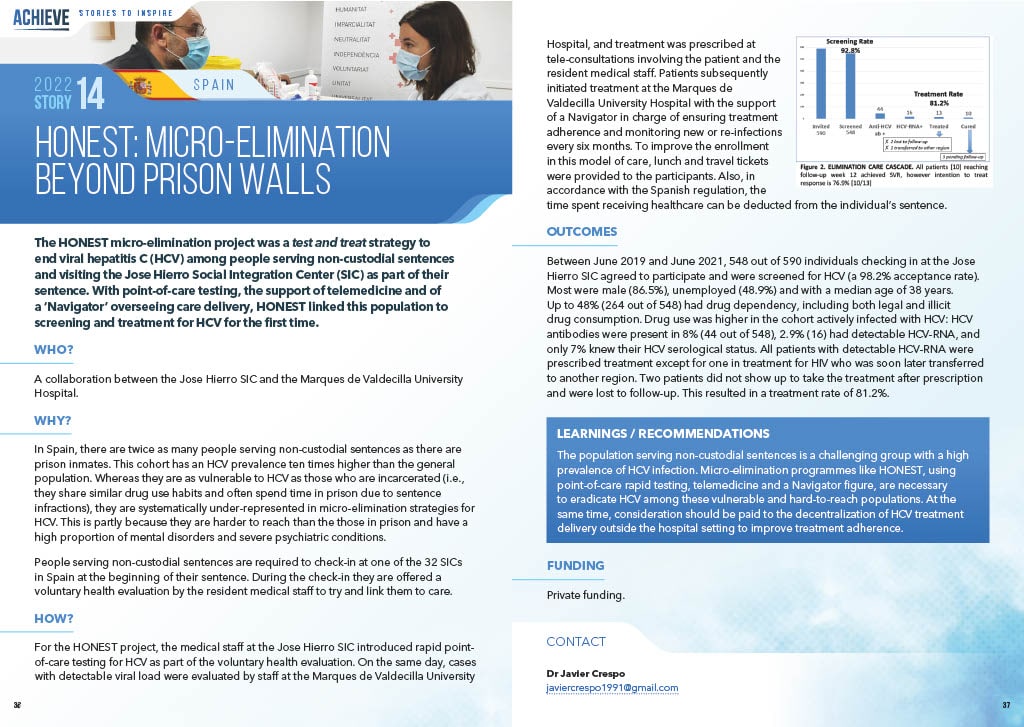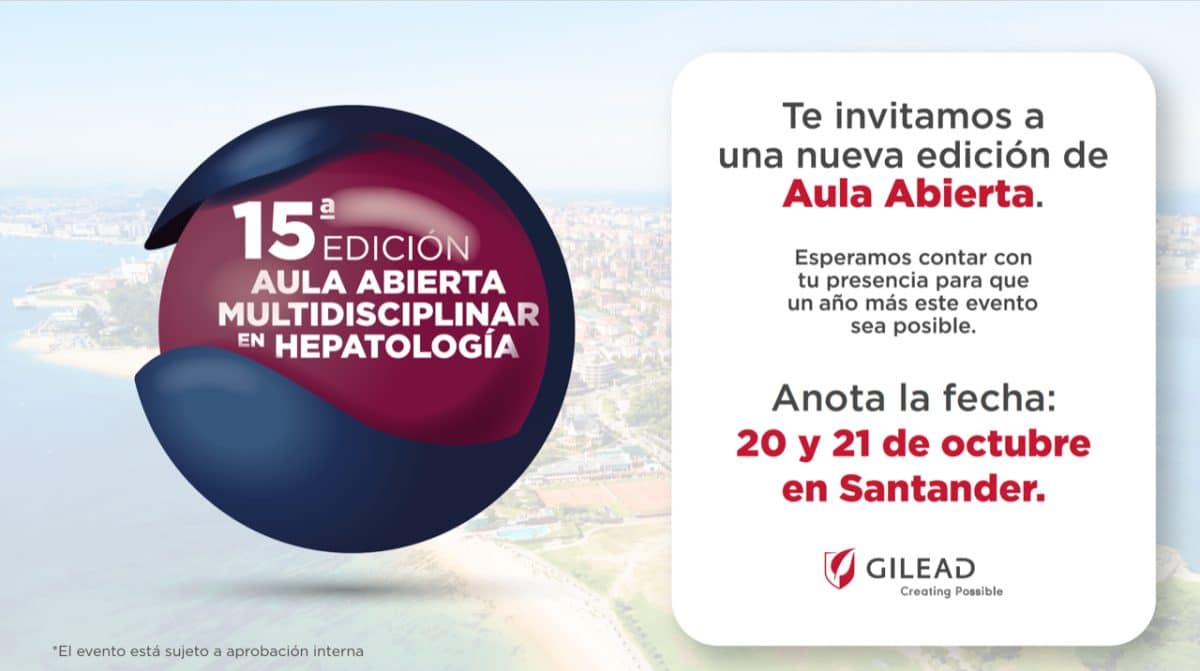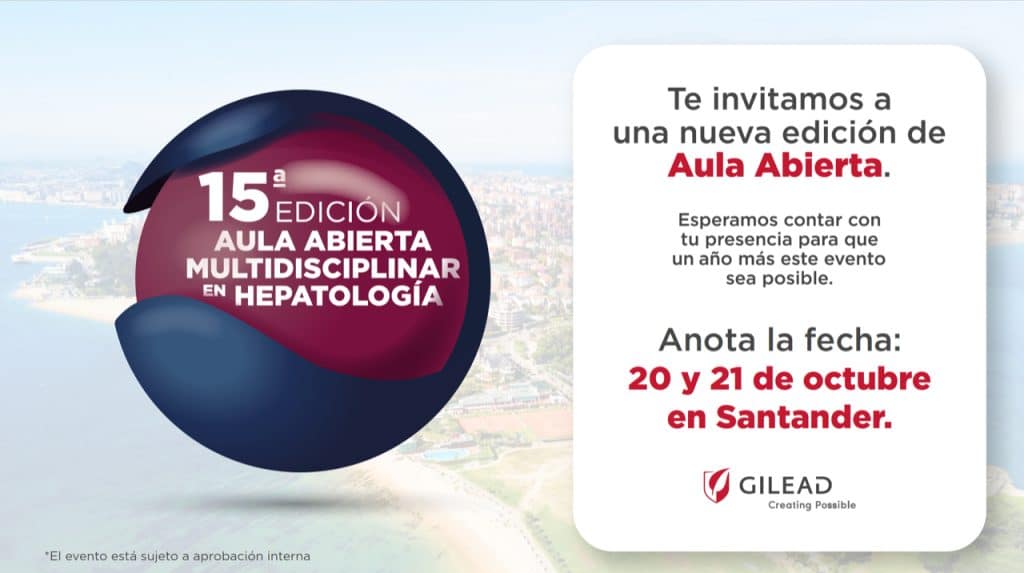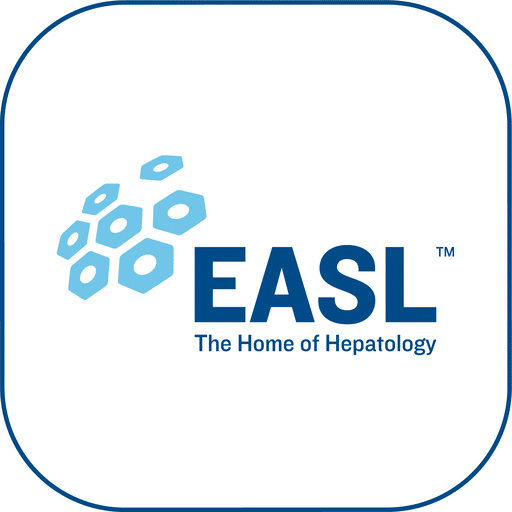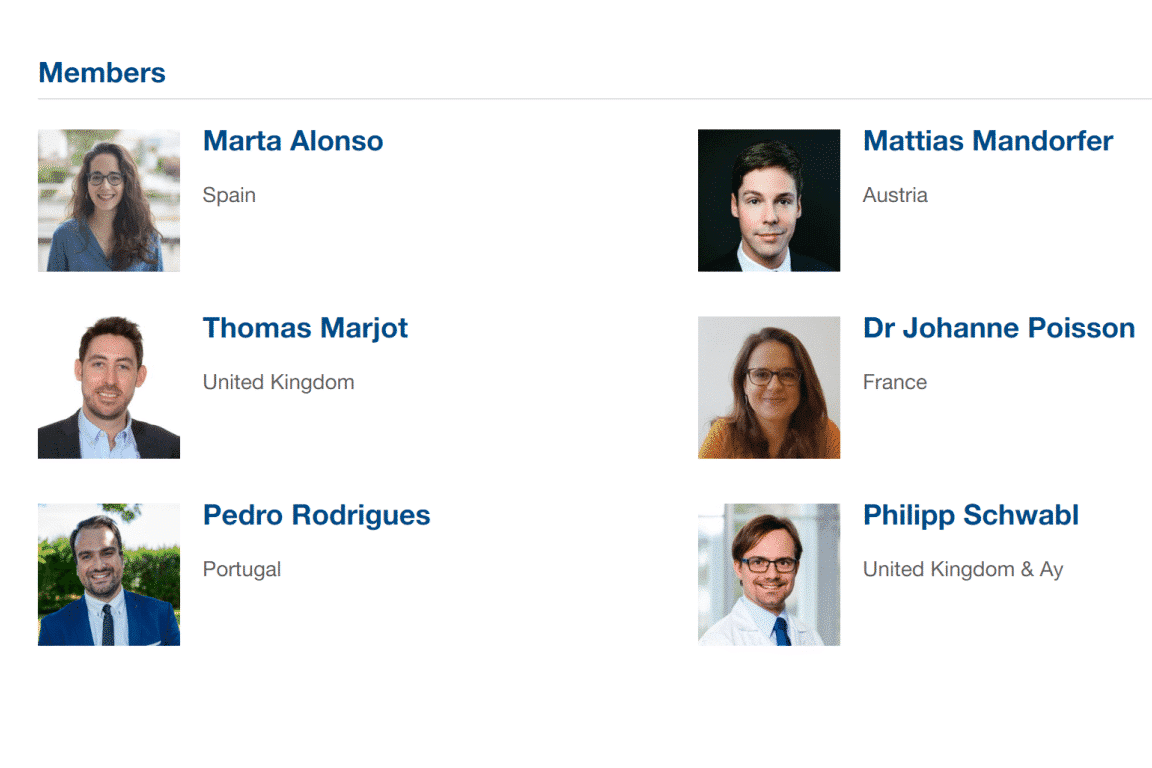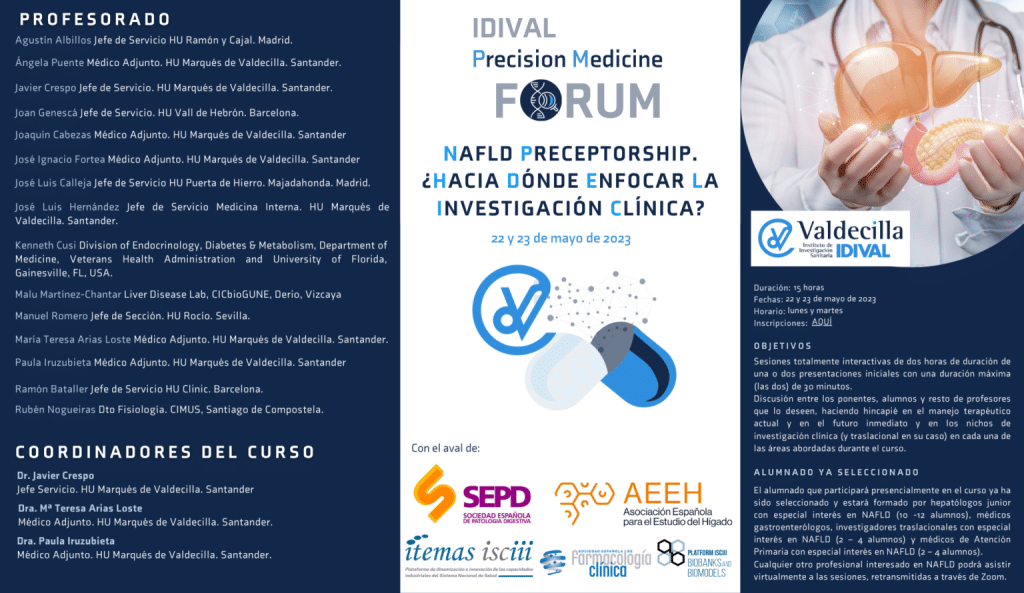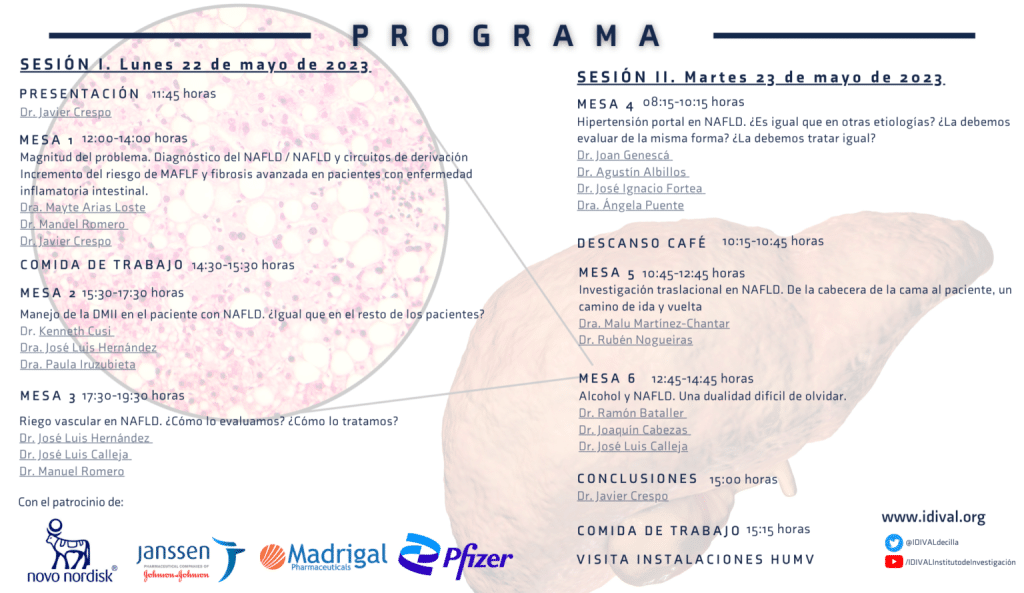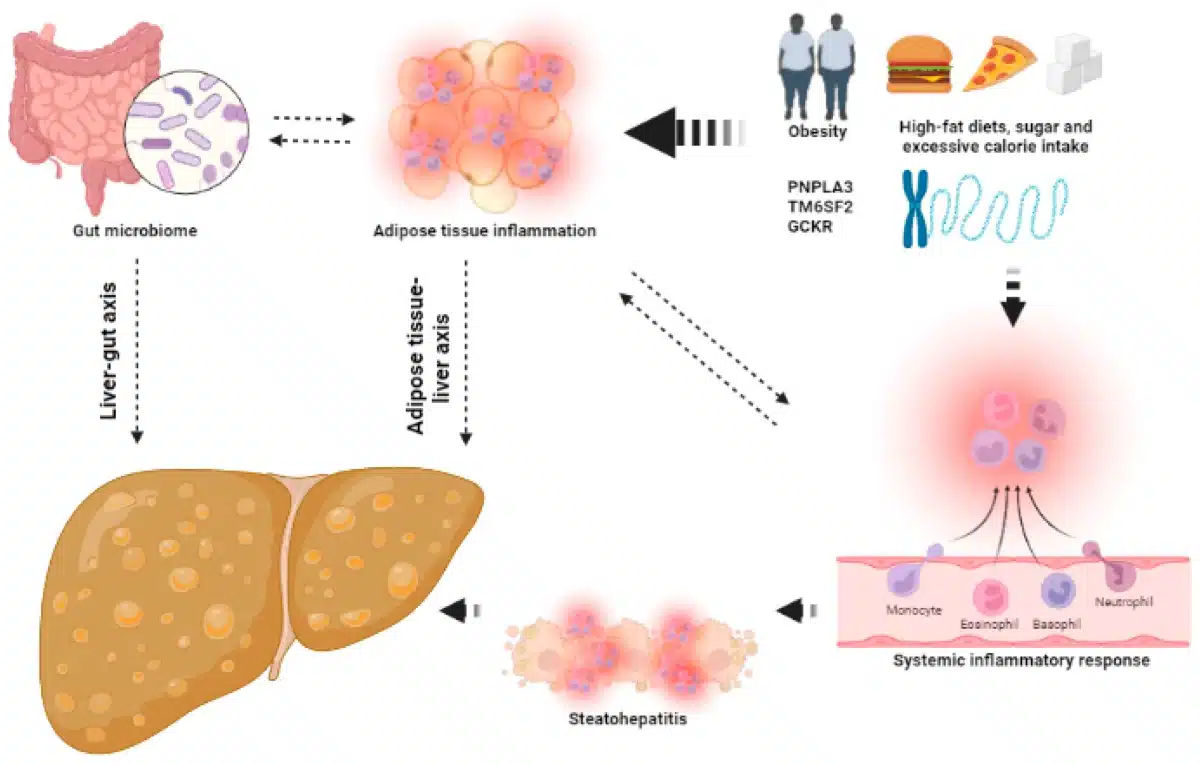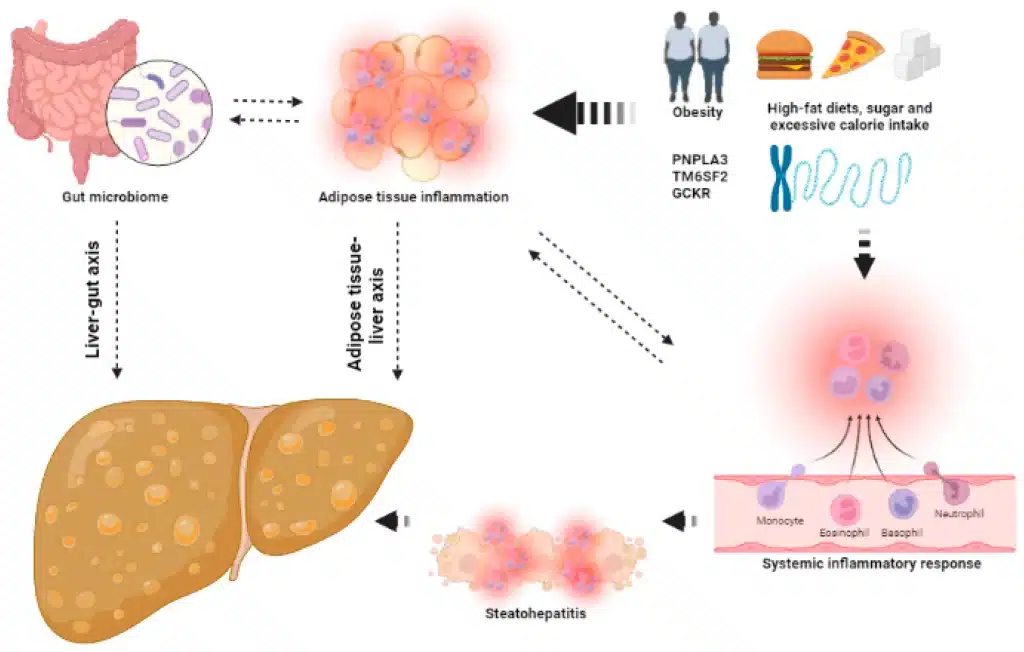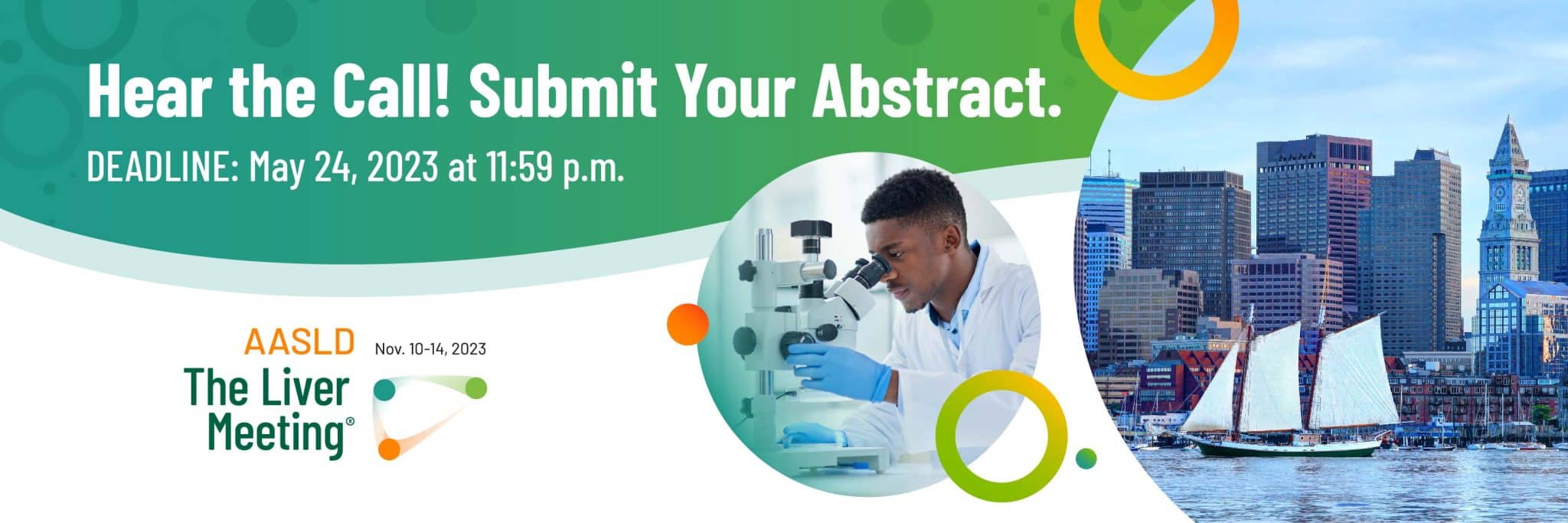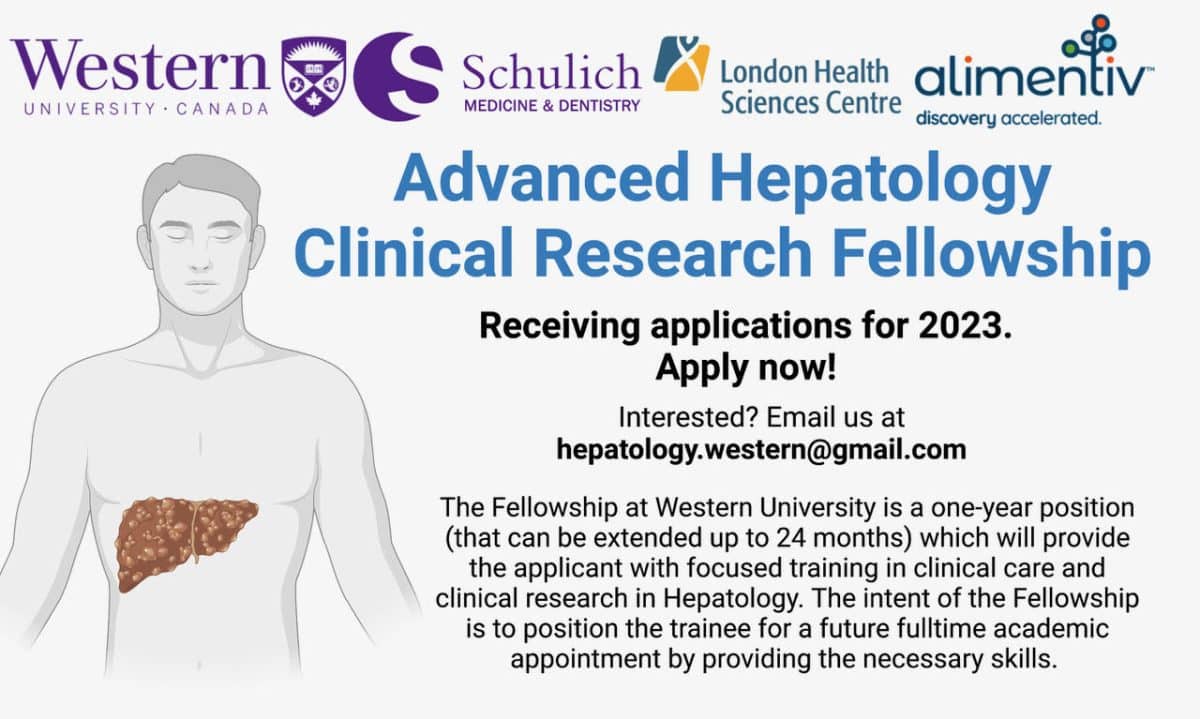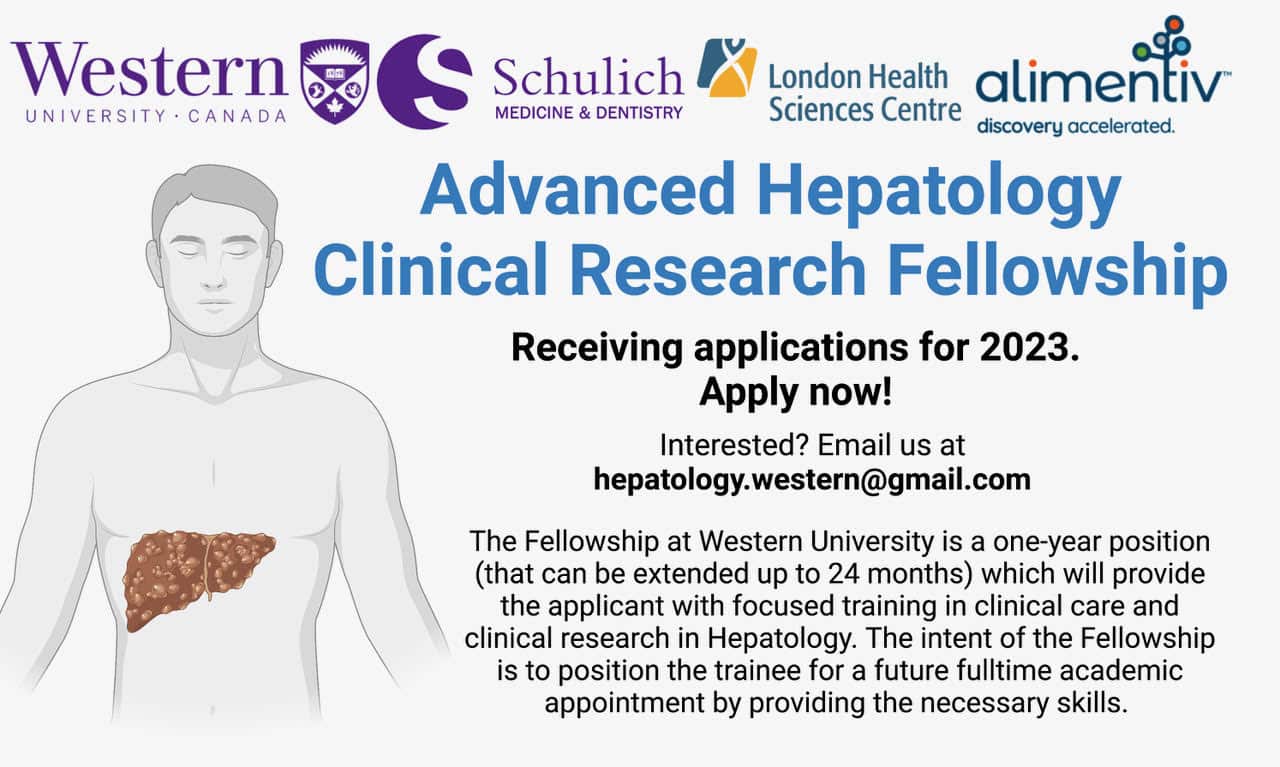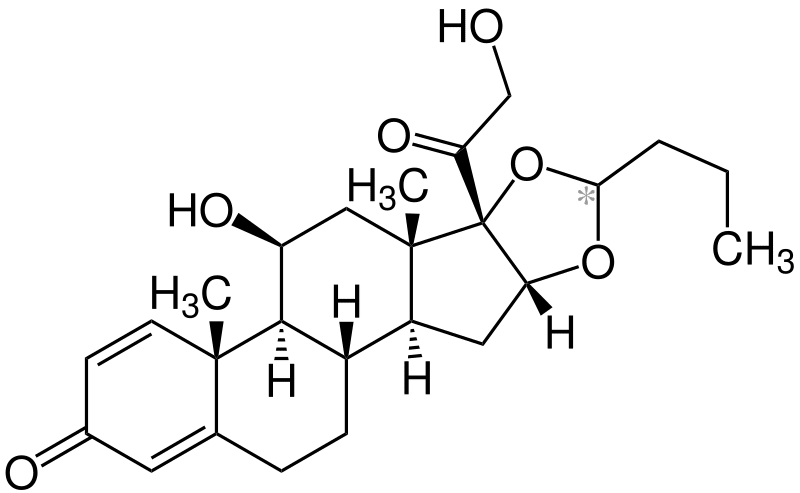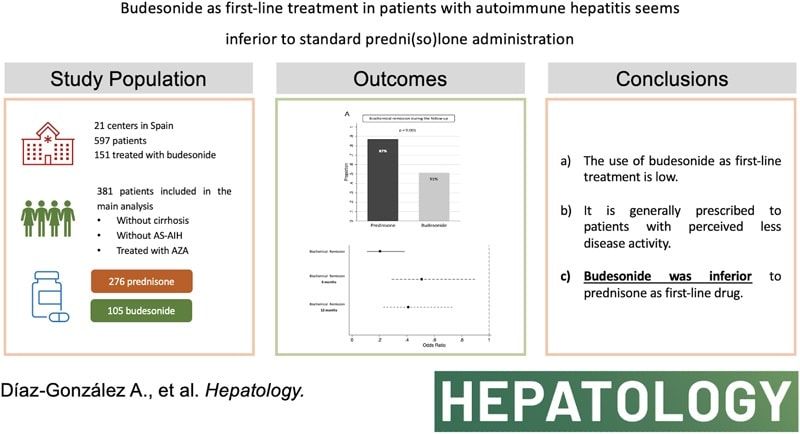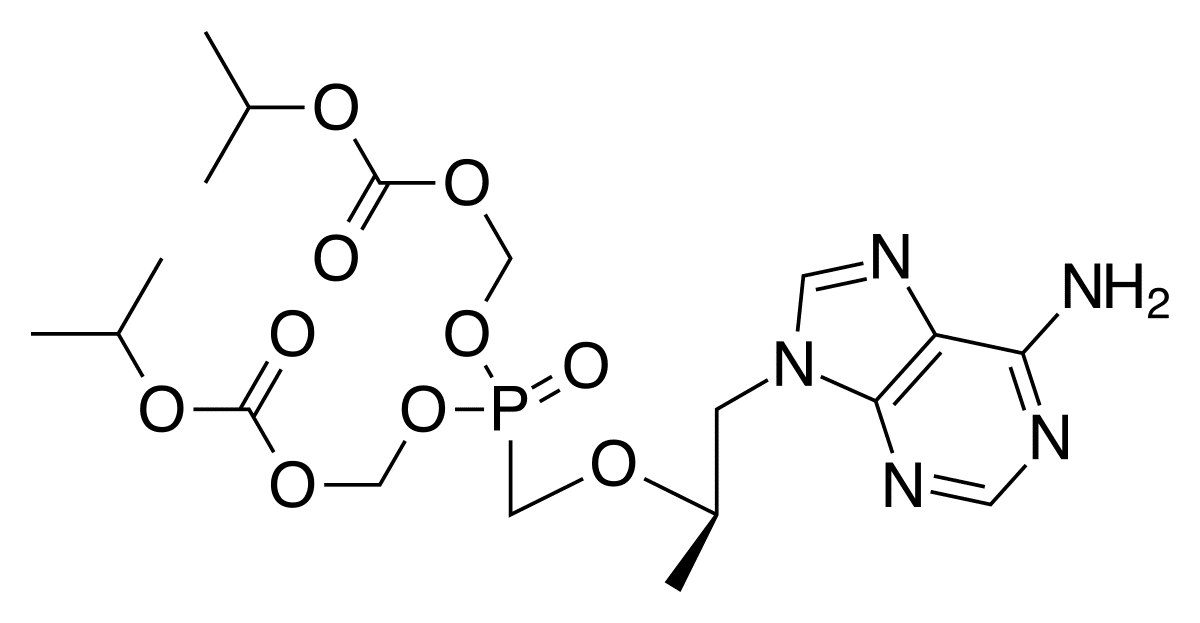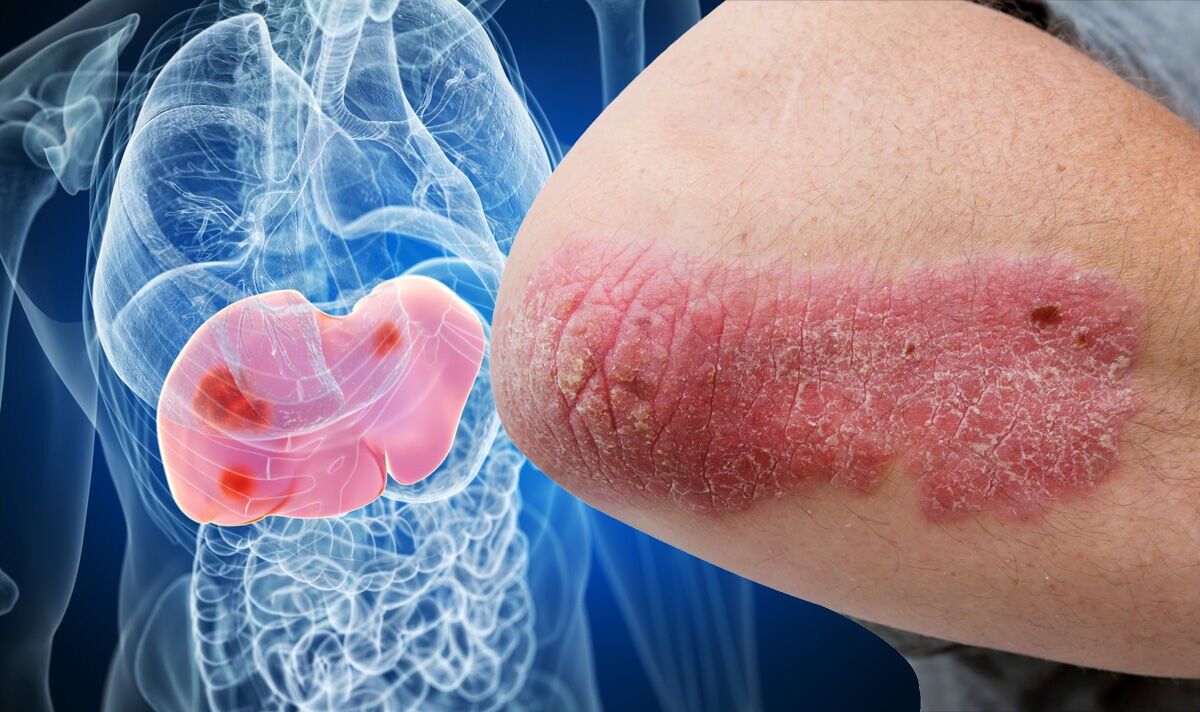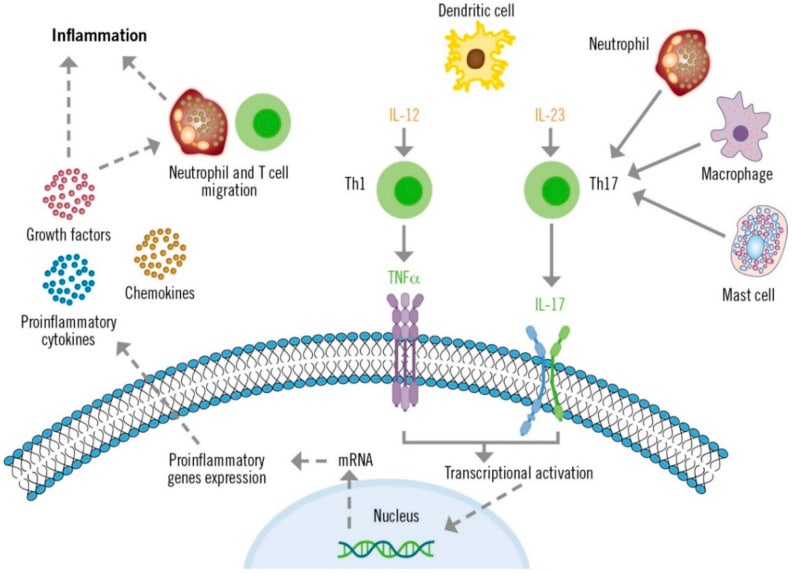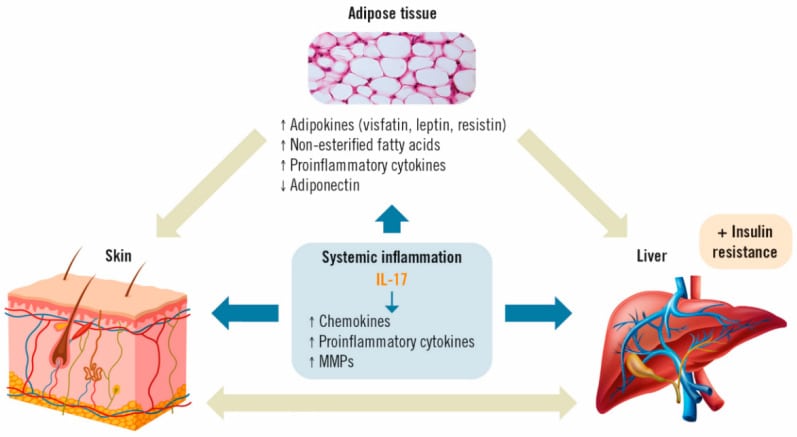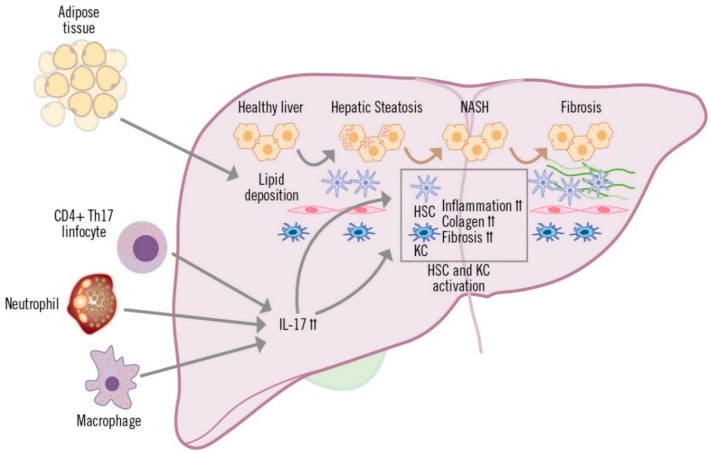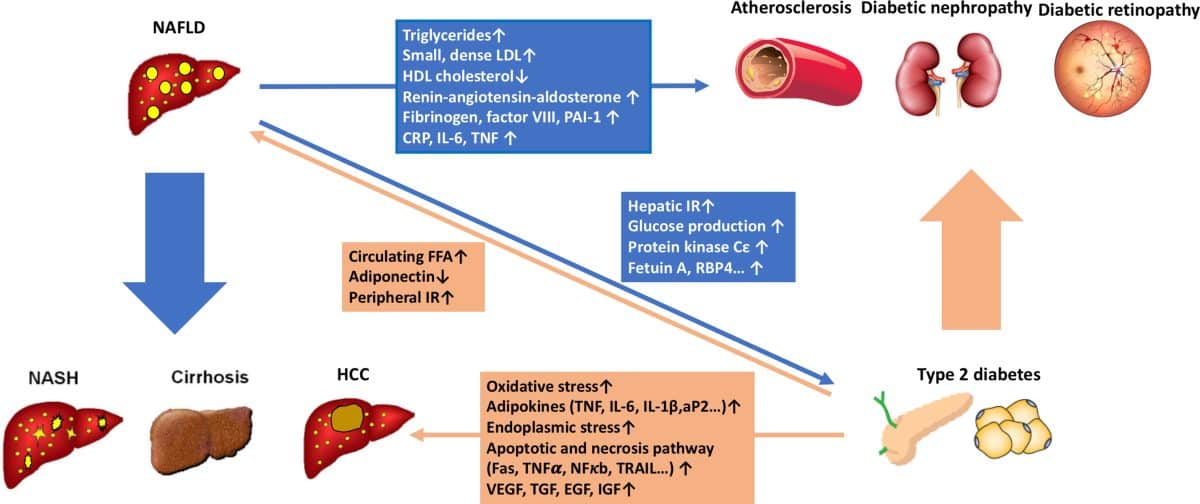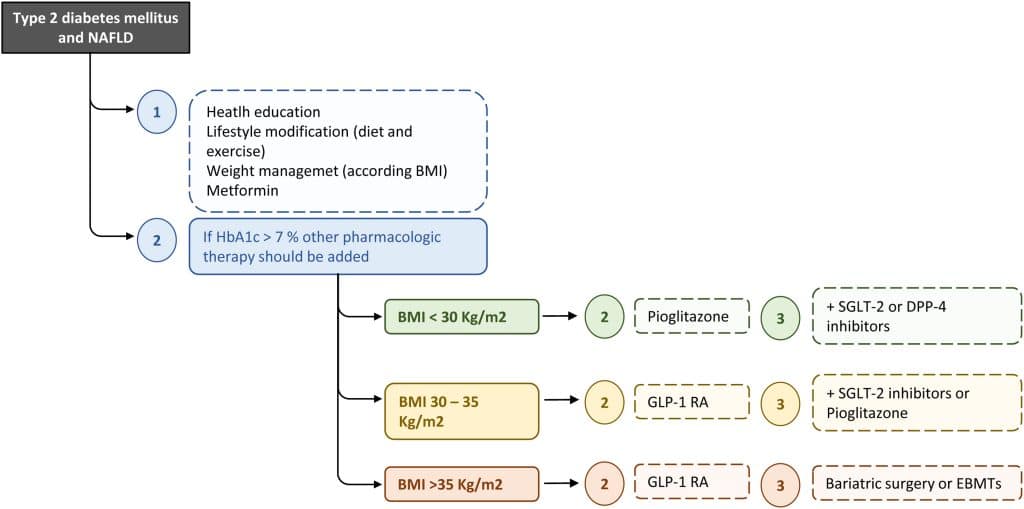
In the realm of hepatitis elimination, recognizing and celebrating individuals who go above and beyond in their commitment to advancing impactful policies and programs is crucial. Today, we extend our heartfelt congratulations to Dr. Javier Crespo, a distinguished researcher and healthcare professional who has been nominated as one of the 2023 Elimination Champions by CGHE.
Dr. Crespo’s dedication to investigating liver diseases and viral hepatitis has positioned him as a key figure in the field. His remarkable contributions are not only recognized in his home country, Spain, but also on the international stage. Named by the Ministry of Health in Spain to be a member of the working group for the design and development of the Spanish National Plan to combat hepatitis C, Dr. Crespo has played a pivotal role in shaping strategic approaches to tackle this pressing health issue.
As a doctor and researcher at the University Hospital Marques de Valdecilla, Dr. Crespo has focused his career on a comprehensive understanding of liver diseases, with a particular emphasis on hepatitis C management, epidemiology, and treatment. His expertise has led to his appointment as the leader of the Hepatitis C Elimination Strategy in Cantabria, where he spearheaded a groundbreaking program that encompassed both macro-elimination pillars and innovative micro-elimination strategies.
One notable achievement in Dr. Crespo’s portfolio is the publication of a decalogue aimed at promoting hepatitis C elimination in hospitals. This comprehensive guide advocates for reflex-testing, improved point-of-care diagnostic tests, and widened treatment delivery to reach vulnerable populations, reflecting Dr. Crespo’s commitment to holistic and inclusive healthcare practices.
A standout success in his career has been the JailFree-C project, a pioneering initiative that showcased the possibility of eliminating hepatitis C in prison settings. Dr. Crespo implemented a test-and-treat strategy, supported by a multidisciplinary team and a telemedicine tool, demonstrating the feasibility of eliminating HCV in prison environments. This groundbreaking model of care was not only successful in its original implementation but was also effectively replicated in other prisons across Spain.
Dr. Javier Crespo’s tireless efforts, groundbreaking initiatives, and unwavering commitment to hepatitis elimination make him a deserving recipient of the 2023 Elimination Champions nomination. His contributions have not only advanced the field of liver health but have also set a benchmark for others to follow. We extend our warmest congratulations to Dr. Crespo and express our gratitude for his outstanding dedication to improving public health.

